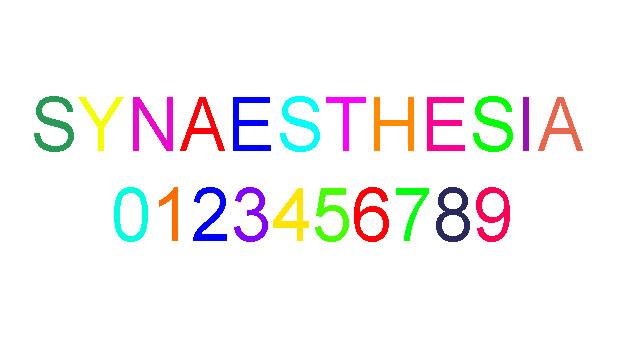“Study links synaesthesia to autism,” BBC News reports. The news comes from the results of a small study that suggests that synaesthesia is more common in adults with autism (also known as autistic spectrum disorder).
Synaesthesia is a condition where experiencing one sensation in one of the senses, such as hearing, involuntarily triggers another sensation in another sense, such as taste. An example given in the study for one person is that every time they heard the word “hello” they experienced the taste of coffee.
The researchers explain that synaesthesia has been estimated to affect around 4% of the population and autism 1% of the population. If the two phenomena were completely independent, you’d expect to see the same prevalence of synaesthesia in people with and without autism.
However, this study, which involved screening people with and without autism for synaesthesia, showed this may not be the case. In adults with autism, the prevalence of synaesthesia was estimated to be 18.9%, whereas adults without autism had a much lower prevalence of 7.21%.
The study’s results appear broadly reliable, but they need to be confirmed in larger studies to be sure. If true, these findings imply that the two conditions may share some common cause in the brain.
The researchers speculate that both conditions may be associated with what they term “hyperconnectivity”, or excessive neural connections between different parts of the brain.
Further research using technology such as functional MRI scanners may be able to provide more information about the biological link between the two conditions.
Think you have synaesthesia?
If you suddenly begin to experience symptoms of synaesthesia for the first time, you should seek medical advice. There could be underlying factors related to your brain and nervous system that may require further investigation.
Where did the story come from?
The study was led by researchers from the Autism Research Centre at the University of Cambridge. The various collaborating authors involved in the work were funded by the National Institute for Health Research, the Gates Foundation, the Medical Research Council UK, and the Max Planck Society.
The study was published in the peer-reviewed science journal Molecular Autism.
BBC News’ reporting of the study was good quality. It provided an accurate overview of the research and included some useful quotes from the researchers involved as well as independent experts.
